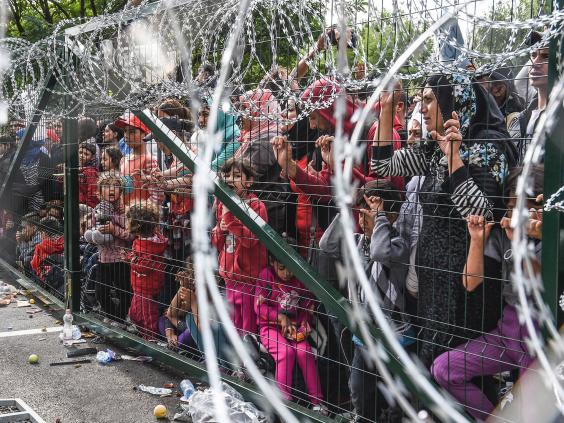
(The Silsilah Dialogue Movement advocates not only for Muslim-Christian dialogue but also dialogue with other religions.
It helps us to understand a religion a bit more when we are able to look into the thoughts of religious leaders in that religion. It is with this thought that we print here an excerpt of a speech given by the Dalai Lama, the head of a sect of Buddhism which is the dominant religion in Tibet, at the United Nations World Conference on Human Rights held in Vienna Austria on 15 June, 2003. )
No matter what country or continent we come from we are all basically the same human beings. We have the common human needs and concerns. We all seek happiness and try to avoid suffering regardless of our race, religion, sex or political status.
It is my belief that the lack of understanding of the true cause of happiness is the principal reason why people inflict suffering on others. Some people think that causing pain to others may lead to their own happiness or that their own happiness is of such importance that the pain of others is of no significance. No one truly benefits from causing harm to another being. Whatever immediate advantage is gained at the expense of someone else is short-lived. In the long run causing others misery and infringing upon their peace and happiness creates anxiety, fear and suspicion for oneself.
The key to creating a better and more peaceful world is the development of love and compassion for others. This … means we must develop concern for our brothers and sisters who are less fortunate than we are. There is a growing awareness of peoples’ responsibilities to each other and to the planet we share. This is encouraging even though so much suffering continues to be inflicted based on chauvinism, race, religion, ideology and history…
Respect for fundamental human rights should not remain an ideal to be achieved but a requisite foundation for every human society. When we demand the rights and freedoms we so cherish we should also be aware of our responsibilities. If we accept that others have an equal right to peace and happiness as ourselves do we not have a responsibility to help those in need? All human beings, whatever their cultural or historical background, suffer when they are intimidated, imprisoned or tortured.
[Some] governments have contended that the standards of human rights laid down in the Universal Declaration of Human Rights are those advocated by the West and cannot be applied to… others parts of the Third World because of differences in culture and differences in social and economic development. I do not share this view and I am convinced that the majority of Asian people do not support this view either, for it is the inherent nature of all human beings to yearn for freedom, equality and dignity… I do not see any contradiction between the need for economic development and the need for respect of human rights. The rich diversity of cultures and religions should help to strengthen the fundamental human rights in all communities. Because underlying this diversity are fundamental principles that bind us all as members of the same human family. Diversity and traditions can never justify the violations of human rights. Thus discrimination of persons from a different race, of women, and of weaker sections of society may be traditional in some regions, but if they are inconsistent with universally recognized human rights, these forms of behavior must change. The universal principles of equality of all human beings must take precedence.
Artificial barriers that have divided nations and peoples have fallen in recent times. Yet there still remains a major gulf at the heart of the human family… It is natural and just for nations, peoples and individuals to demand respect for their rights and freedoms…
[We] find that the world is becoming one community. .. Human rights, environmental protection and great social and economic equality, are all interrelated. I believe that to meet the challenges of our times, human beings will have to develop a greater sense of universal responsibility. Each of us must learn to work not just for one self, one’s own family or one’s nation, but for the benefit of all humankind. Universal responsibility is the best foundation for world peace.
… co-operation can only strengthen humankind, because it helps us to recognize that the most secure foundation for a new world order is … each individual’s genuine practice of love and compassion. These qualities are the ultimate source of human happiness, and our need for them lies at the very core of our being. The practice of compassion is not idealistic, but the most effective way to pursue the best interests of others as well as our own. The more we become interdependent the more it is in our own interest to ensure the well-being of others.
I, for one, strongly believe that individuals can make a difference in society. Every individual has a responsibility to help more our global family in the right direction and we must each assume that responsibility. As a Buddhist monk, I try to develop compassion within myself, not simply as a religious practice, but on a human level as well. To encourage myself in this altruistic attitude, I sometimes find it helpful to imagine myself standing as a single individual on one side, facing a huge gathering of all other human beings on the other side. Then I ask myself, ‘Whose interests are more important?’ To me it is quite clear that however important I may feel I am, I am just one individual while others are infinite in number and importance.
